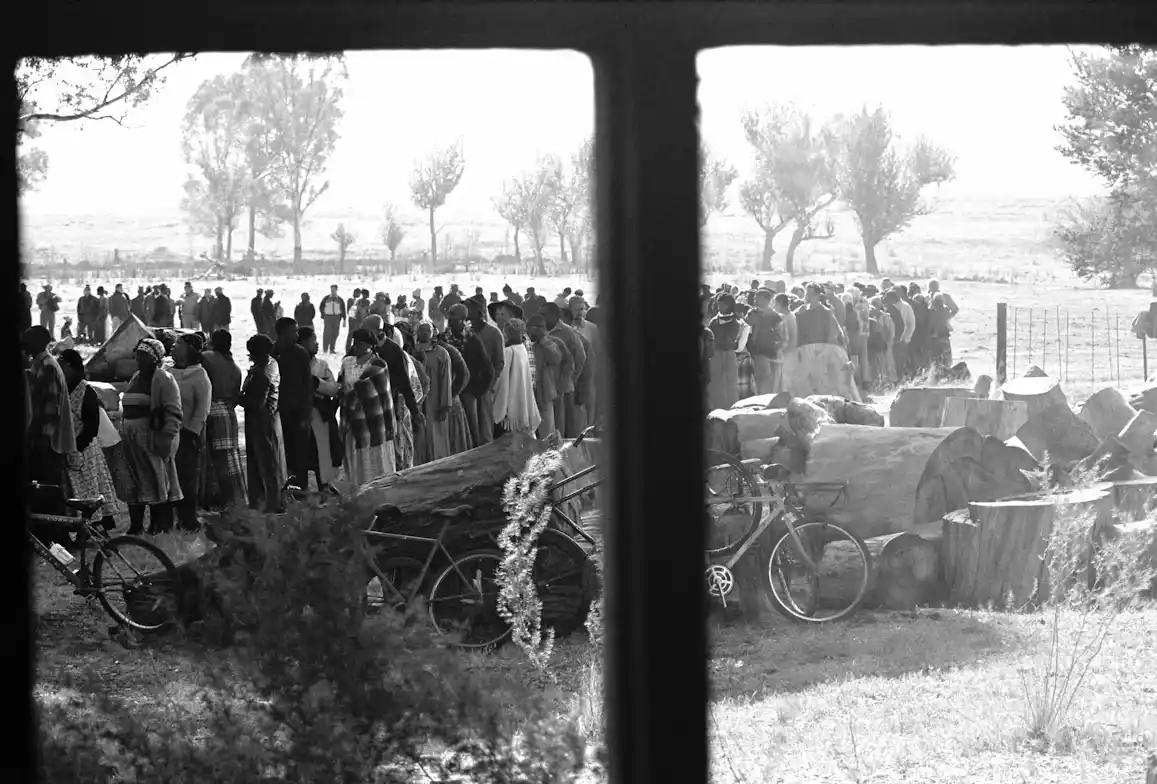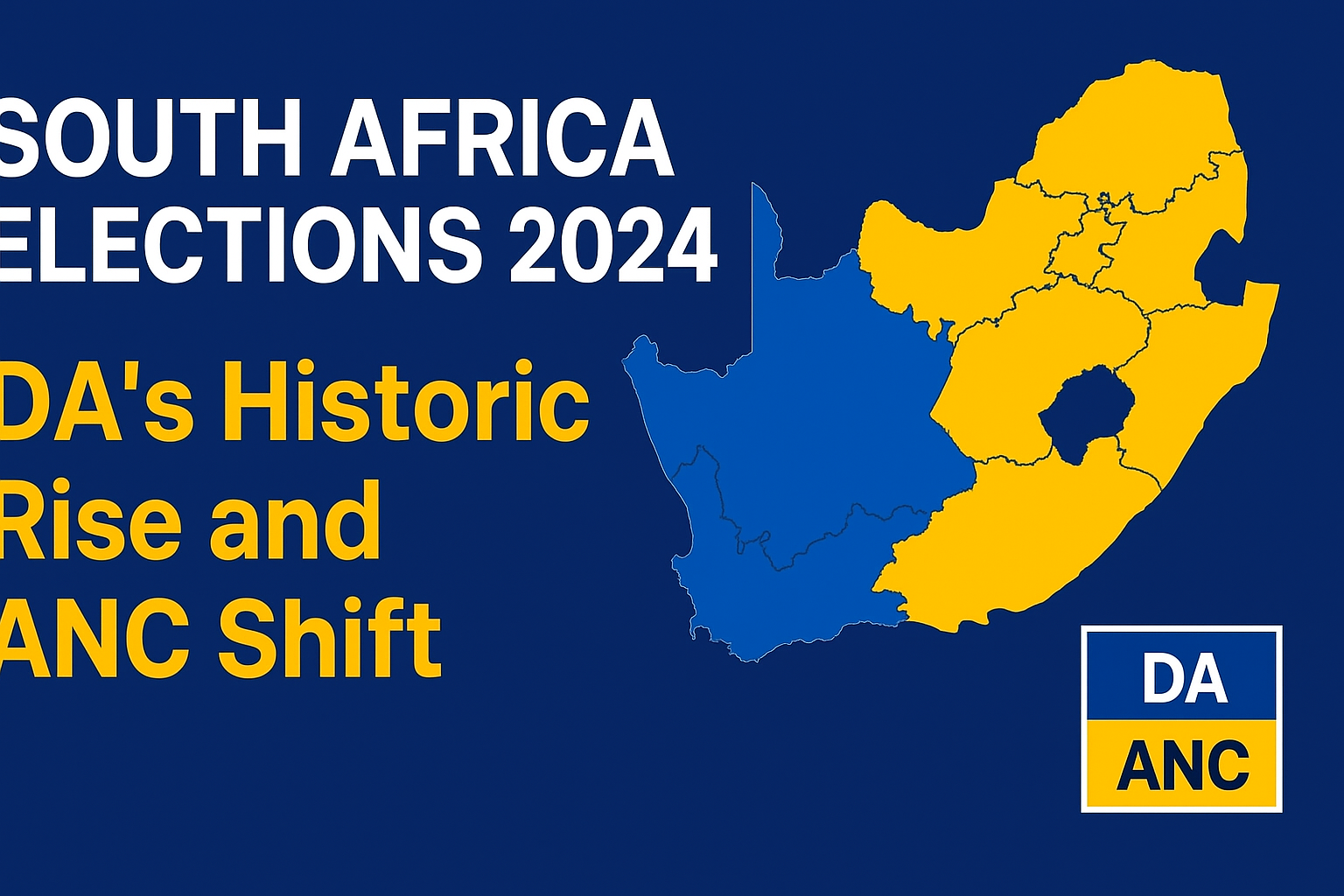ANC Coalition: 5 Shocking Signs of Political Collapse
The ANC coalition, once seen as a stabilizing force in South Africa, is now facing deep cracks that threaten its survival. In KwaZulu-Natal, tensions between allies are growing, raising questions about the coalition’s future and the direction of the province’s leadership. What was once a united front now risks becoming a battlefield of conflicting interests and political mistrust.
1. Rising Tensions Among Partners
One of the clearest signs of instability within the ANC coalition is the growing tension among its governing partners. Disputes over decision-making, resource allocation, and leadership roles are straining relationships that once appeared strong. Instead of acting as a unified force, the coalition now looks increasingly fragmented, with each partner pushing its own agenda at the expense of collective governance.
2. Bullying Tactics Undermining Trust
Reports of “bullying tactics” have further damaged the credibility of the ANC coalition. Accusations of intimidation and coercion are creating a toxic political climate where collaboration becomes nearly impossible. These tactics not only erode trust among coalition members but also shake public confidence in their ability to govern fairly. For a detailed overview, see BBC coverage of ANC tensions. As resentment builds, the likelihood of defections and open conflict continues to rise.
3. Threats to KwaZulu-Natal Stability
The cracks within the ANC coalition are especially dangerous in KwaZulu-Natal, a region already marked by political volatility. The collapse of the coalition here could trigger instability that spreads to other provinces, undermining national governance. Local disputes, if left unresolved, risk escalating into broader political crises that weaken the ANC’s control and credibility across South Africa.
4. Internal Power Struggles
Another shocking sign of collapse in the ANC coalition is the rise of internal power struggles. Competing factions within the party and its partners are battling for influence, leaving policy-making paralyzed. Instead of focusing on service delivery and governance, much of the coalition’s energy is being consumed by infighting. This growing divide threatens to create a leadership vacuum that opponents may exploit.
5. Loss of Public Confidence
Public trust in the ANC coalition has been steadily declining. Citizens are increasingly frustrated with broken promises, stalled reforms, and political theatrics. The perception that the coalition prioritizes power games over real progress has created widespread skepticism. Without a clear commitment to addressing the people’s needs, the coalition risks alienating its voter base and fueling opposition parties eager to fill the gap.
6. Fragile Policy Agreements
The ANC coalition has also been weakened by fragile and inconsistent policy agreements. Partners often disagree on key issues such as economic reforms, land redistribution, and security measures. These disputes delay urgent decisions and create uncertainty in governance. Investors and communities alike are left questioning whether the coalition can provide the stability needed for sustainable growth in South Africa.
7. Threats of Defections
One of the most alarming signs for the ANC coalition is the increasing risk of defections. Members frustrated with internal politics and leadership disputes may switch allegiances, weakening the coalition’s majority and stability. Each defection not only undermines governance but also signals to the public that the coalition is losing its cohesion, potentially triggering a domino effect across other regions.
8. Media Scrutiny Intensifies
The ANC coalition is under intense media scrutiny, with news outlets closely monitoring every conflict and decision. Reports highlighting alleged misconduct, power plays, and public dissatisfaction amplify pressure on the coalition. This scrutiny shapes public perception and can accelerate political fragmentation, making it more difficult for leaders to maintain control and effectively communicate their agenda.
9. Economic and Social Implications
The instability within the ANC coalition is not just political; it has tangible economic and social consequences. Uncertainty in leadership can affect investor confidence, delay development projects, and create unrest in local communities. Citizens rely on effective governance for services and security, and prolonged coalition instability risks harming both social cohesion and economic growth in KwaZulu-Natal and beyond. To understand these impacts further, read our detailed analysis on South African politics.




